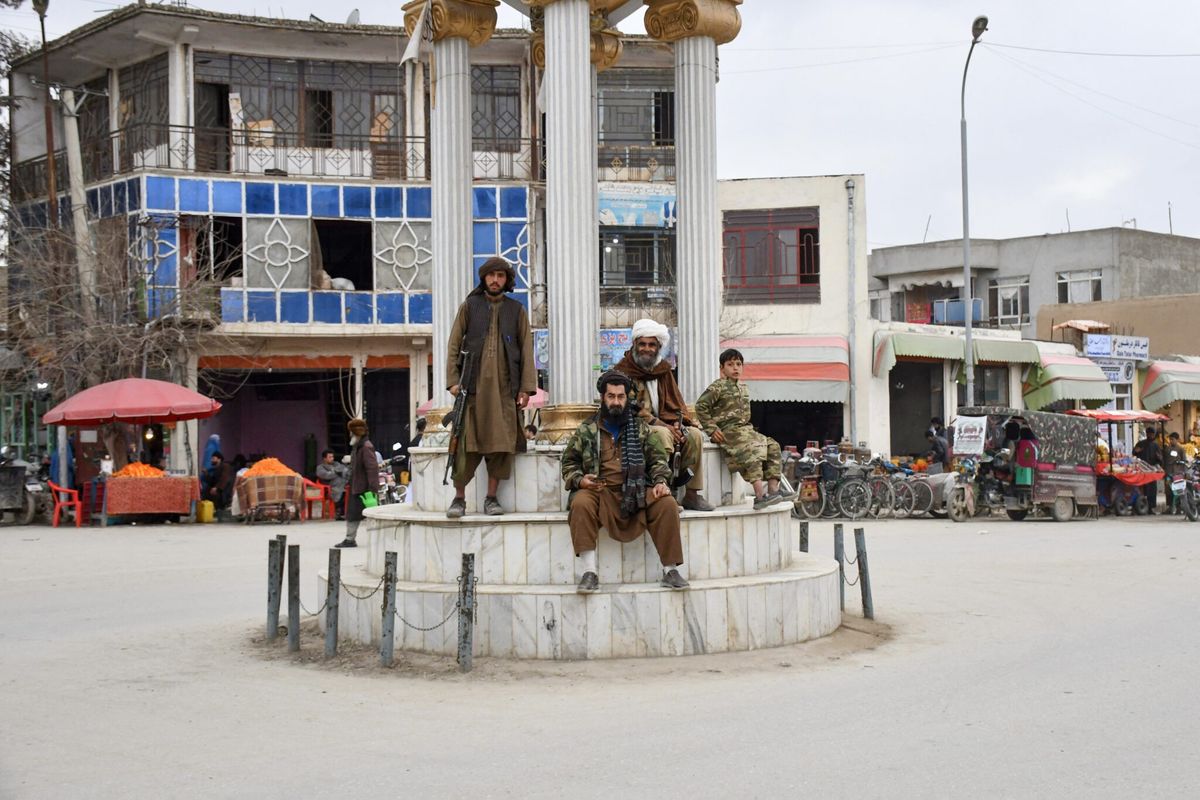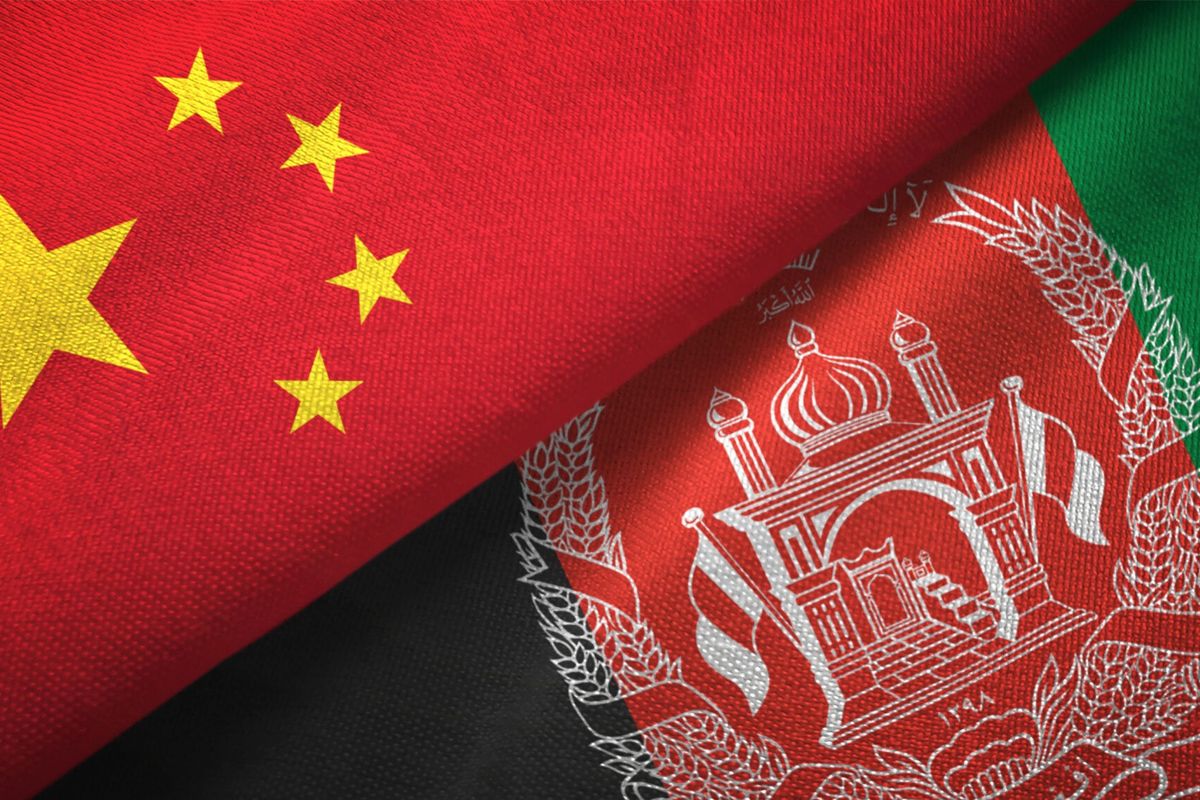This morning, the White House confirmed the death of Taliban leader Mullah Akhtar Muhammad Mansour, who was killed in a U.S. drone strike on Saturday in southwest Pakistan. Mansour had assumed the position of Taliban leader in July 2015, replacing the group’s founder, Mullah Omar. The fallout of his death could have significant ramifications for the ongoing Taliban spring offensive, the U.S.-Pakistan relationship, and potential peace talks between the Taliban and the Afghan government.
"Mullah Mansour’s death, if confirmed, will present challenges and opportunities to the various stakeholders, depending on who is chosen as Mansour’s successor and how stakeholders perceive meaning in this strike,” explains Jeff Eggers, former Special Assistant to the President for National Security Affair and a Cipher Brief expert. “For the Taliban movement, they will struggle to retain cohesiveness, which could present a military advantage for the Afghan Army while making political talks more complicated.”
The strike also rejuvenates the longstanding question of whether Pakistan willingly provides the Taliban with a sanctuary inside its borders. “If Pakistan was unaware of this strike, it pressures them by starkly highlighting their soil to be Taliban sanctuary,” says Eggers.
Pakistan’s role should “become clear in the context of how the [Obama] Administration treats issues like F-16 sales, FMF (Foreign Military Financing), and the general tenor of dealings between Washington and Islamabad - all of which, for the past six months, have been trending worse,” explains Cipher Brief expert Daniel Markey.
However, Pakistan and the U.S. may share a vested interest in the removal of Mullah Mansour, especially if Pakistan is undertaking a concerted effort to bring the Taliban to the negotiating table.
“Since most believe Pakistan has greater influence over the Haqqanis than other parts of the Taliban, and since the number two of the Taliban was Siraj Haqqani, this could conceivably have been a step designed with Pakistan's consent to bring the insurgents back to the table,” Markey surmises.
To date, peace talks between the Afghan government and the Taliban have stalled, and experts remain uncertain over whether Mansour’s death will lead to progress on that front.
“Progress on talks would depend on how quickly the Taliban reunite under a new head, who that is, and whether the Pakistanis are serious about pressing him to the table,” says Markey.
Ultimately, Mansour’s death is a stark reminder to the Taliban that they remain targets as long as they continue to challenge the legitimacy of the Afghan government. “This should be a clear signal to the Taliban that there is no such thing as safe haven, and that the best way to achieve safety and security is through peace talks,” Eggers explains.
Bennett Seftel is the Deputy Director of Editorial at The Cipher Brief.













